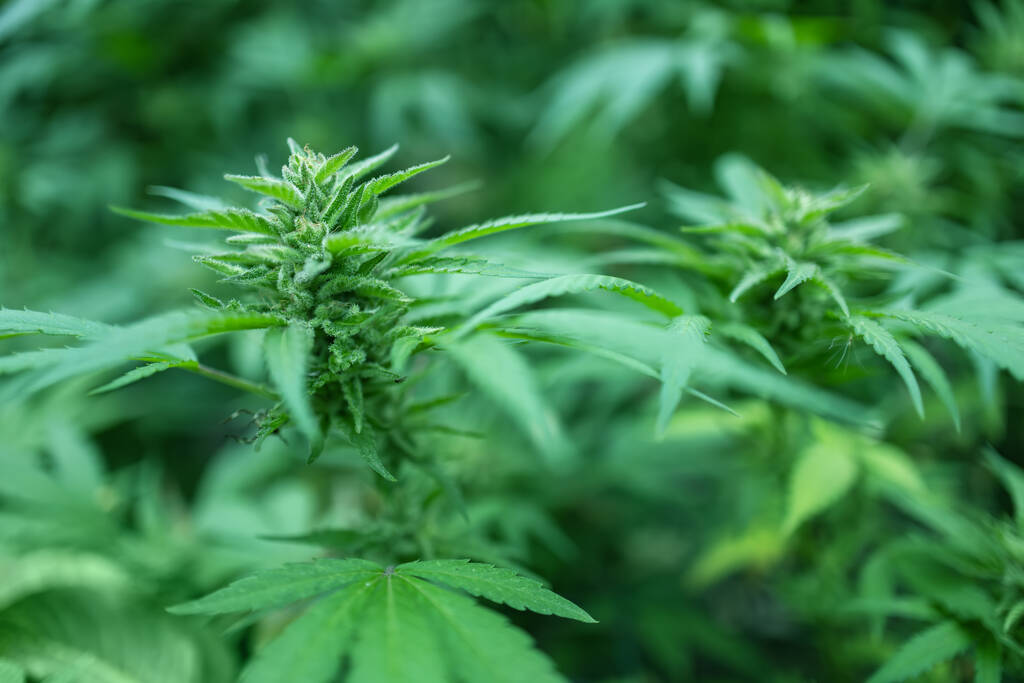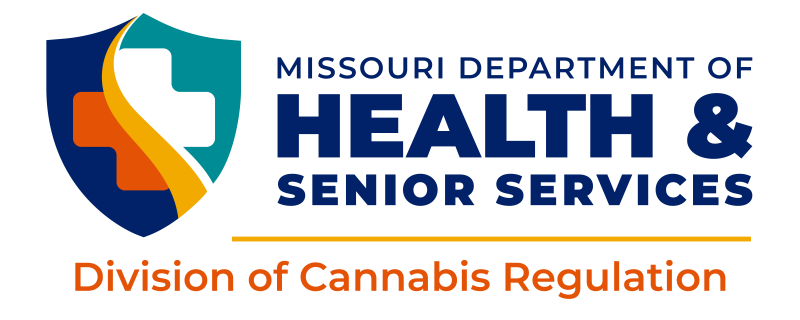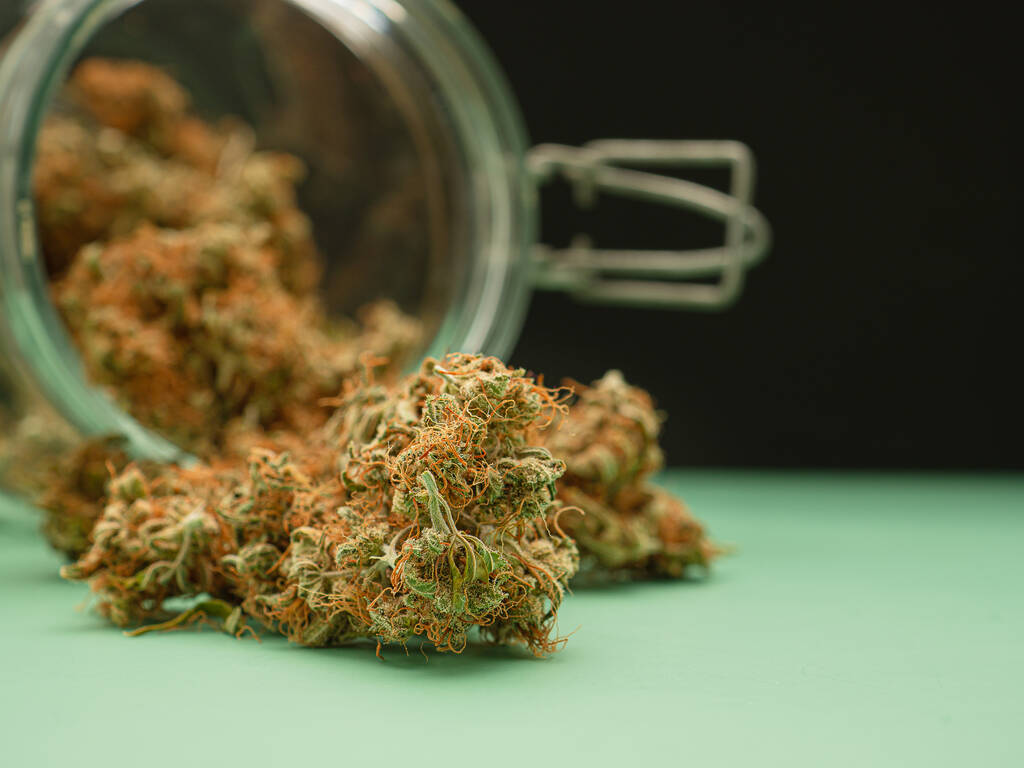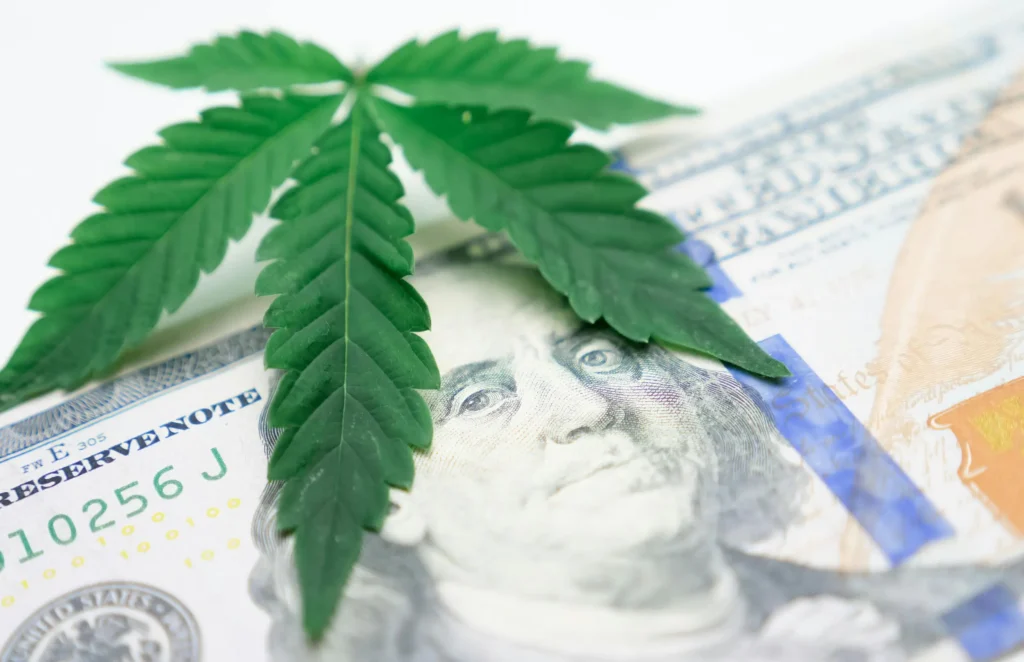Trulieve, Florida’s largest distributor of medical cannabis with over 160 licensed dispensaries, is once again backing a campaign to legalize recreational marijuana.

Trulieve contributed $19.6 million to the Smart & Safe Florida political committee during the first quarter of 2025, according to a new report filed with the state Division of Elections. The company also provided over $84,000 in in-kind contributions during the same period.
The committee is behind a renewed effort to place a marijuana legalization initiative on the 2026 ballot. In 2024, Smart & Safe Florida led the push for a similar measure that ultimately received 57% of the vote—just shy of the 60% required for passage given it was a constitutional amendment.
Continue reading












